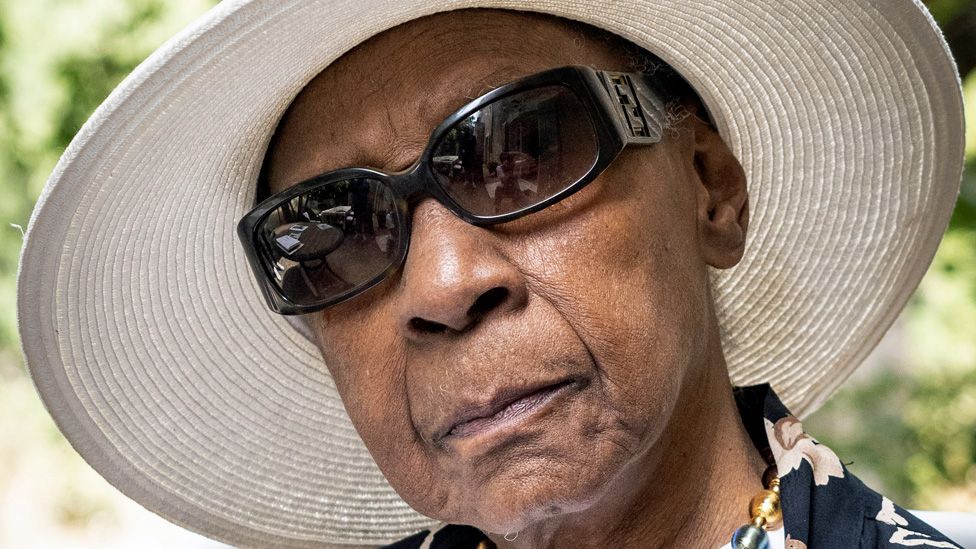ARTICLE AD BOX
 Image source, Getty Images
Image source, Getty Images
By Ian Youngs
Entertainment & arts reporter
Guadeloupe-born author Maryse Condé, who was renowned for epic novels tackling the legacy of slavery and colonialism in Africa and the Caribbean, has died at the age of 90.
One of the most celebrated voices in the French-speaking world, Condé's works included 1984's Segu and 1986's I, Tituba: Black Witch of Salem.
She also wrote plays and non-fiction.
In 2018, she won an award set up in place of the Nobel Prize in Literature, which was engulfed in scandal.
Condé was the first and remains the only winner of the New Academy Prize in Literature, whose judges praised the way she "describes the ravages of colonialism and post-colonial chaos in a language which is both precise and overwhelming".
She wanted to be a writer since she read Emily Brontë's Wuthering Heights as a child, but didn't publish her first novel until she was almost 40.
That book was 1976's Heremakhonon, which means "waiting for happiness" in the the west African Malinke language. It followed a woman from the Caribbean who lived and taught in Paris, and who travelled to Africa to trace her identity.
Image source, Getty Images
But what she discovered did not match her expectations. The author described it as "a novel about disenchantment and pain".
She said it was not autobiographical, but there were parallels with her own story. Condé moved to study at the Sorbonne in Paris, where her eyes were opened to the history of colonialism, slavery and her own African roots.
"When I was a child I was very spoilt by my parents. I was oblivious to the outside world," she told the Guardian in 2020.
"I was convinced that I was one of the most beautiful girls in the world and certainly one of the most intelligent, but when I came to study in France I discovered people's prejudices. People believed I was inferior just because I was black.
"I had to prove to them I was gifted and to show to everybody that the colour of my skin didn't matter - what matters is in your brain and in your heart."
After marrying Guinean actor Mamadou Condé, she moved to his home country, then to Ghana, Mali and Senegal, before returning to teach at the Sorbonne.
Heremakhonon's depiction of the flawed reality of African socialism proved controversial, with three West African countries ordering copies to be destroyed.
"In those days, the entire world was talking of the success of African socialism," she later wrote. "I dared to say that... these countries were victims of dictators prepared to starve their populations."
International Booker Prize nominations
Of her subsequent books, Segu depicted the fortunes of a historical kingdom in modern-day Mali, which is torn apart by the arrival of the slave trade and Islam.
In I, Tituba: Black Witch of Salem, Condé told the story of a slave who was one of the first women to be accused of witchcraft during the 1692 Salem witch trials.
Reviewing the book, US author Howard Frank Mosher wrote in the New York Times: "It is impossible to read her novels and not come away from them with both a sadder and more exhilarating understanding of the human heart, in all its secret intricacies, its contradictions and marvels."
Her other works included Windward Heights - which relocated Wuthering Heights to Cuba and Guadeloupe - as well as volumes of essays and autobiography.
Condé had four children. She and her husband divorced in 1981 and she went on to marry British teacher Richard Philcox, who was also her translator. They lived in the US for two decades, where she was professor emerita of French at Columbia University in New York.
Condé was awarded France's Legion of Honour in 2004, and was twice nominated for the International Booker Prize - first for her entire body of work in 2015, then for her final novel The Gospel According to the New World in 2023.

 1 year ago
121
1 year ago
121








 English (US) ·
English (US) ·